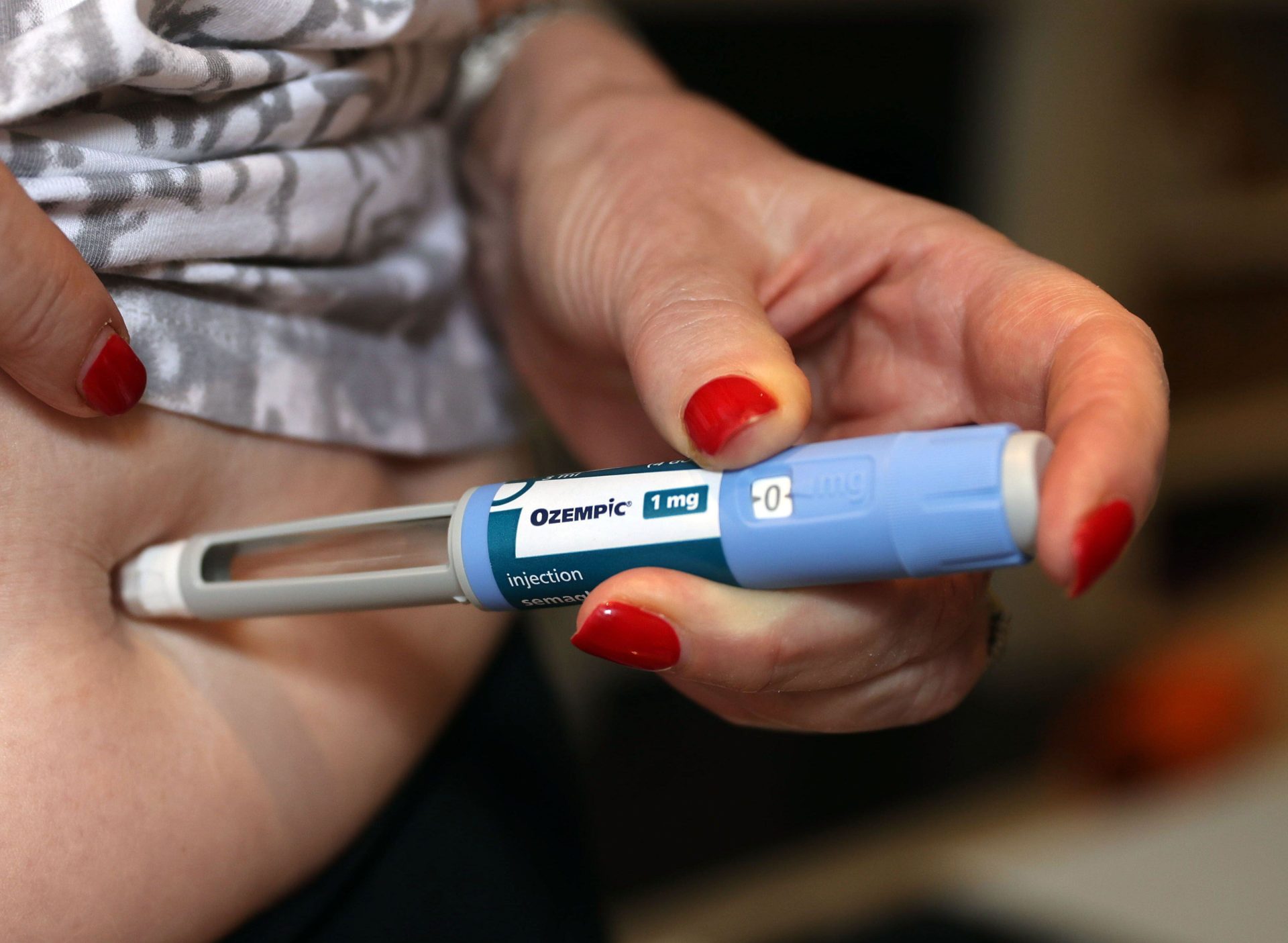The spread of misinformation has “hijacked” narratives around obesity medications such as Ozempic, according to a HSE lead.
The number of these types of drugs seized at Irish airports and ports has gone through the roof over the last 12-months, as their popularity has skyrocketed.
With contradicting headlines and confusing reports of side effects littering the internet, clinical lead on obesity for the HSE Professor Donal O’Shea joined The Hard Shoulder to debunk some of the most common myths surrounding these medicines.
“When we’re telling somebody that we think they should start this obesity treatment, we don’t tell them to anticipate an improvement in mood,” he said.
“We talk to them about the side effects, and the side effects of these treatments are mainly gastrointestinal.
“Because it’s a gut hormone, it does its work in the gut, so these treatments have effects on the gut – and it’s nausea, it’s constipation, it’s kind of rotten egg burps.
“It does delay gastric emptying, and if you delay gastric emptying, then some of the tablets that you take may have a slightly different absorption profile.”
 Pic shows: Ozempic injection, Semaglutide pen. Pic gavin rodgers/pixel8000
Pic shows: Ozempic injection, Semaglutide pen. Pic gavin rodgers/pixel8000Obesity
According to Prof O’Shea, while there is a link between weight loss drugs and pregnancy, this is more down to the boost people typically receive in their self-confidence.
“Any treatment that causes you to lose weight – whether it’s surgery or other less effective treatments like we’ve had in the past - is associated with an improvement in mood, self-image, self-esteem,” he said.
“You’re therefore more likely to go out, get into a relationship and therefore become pregnant.
“That’s true male or female – if you lose weight as a man, you make more sperm, if you lose weight as a female, you ovulate more with each cycle.”
Prof O’Shea also stressed the importance of referring to these medications as ‘obesity treatments’, rather than 'weight-loss medications' or 'fat-jabs'.
Main image: Pen injection of semaglutide named ozempic is a diabetes medicine to improve blood sugar









